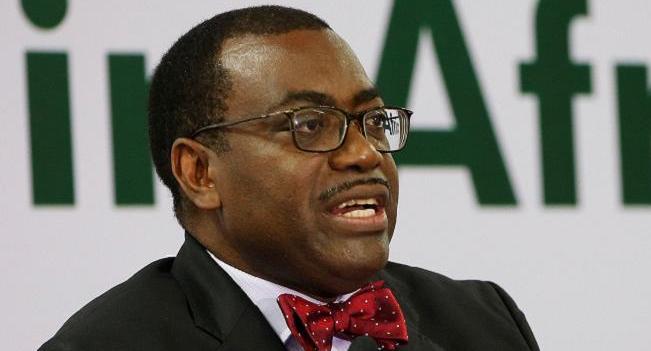Business
Tinubu’s latest policy on food importation ‘depressing’- AfDB President, Adesina

Akinwunmi Adesina, President of the African Development Bank (AfDB) has slammed the decision of the federal government to import food, describing it as depressing.
Adesina’s criticism was made known while speaking on the topic of “Food Security and Financial Sustainability in Africa,” on Saturday at the Council of Anglican Provinces of Africa retreat in Abuja.
He posited that Nigeria cannot continue to depend on food importation to keep prices stable and that doing so would undermine the nation’s agriculture strategy.
He clarified that food production should be prioritized in order to maintain price stability, ease pressure on the foreign exchange front, and generate employment.
He said, “Nigeria’s recently announced policy to open its borders for massive food imports, just to tackle short-term food price hikes, is depressing.”
READ ALSO: Nigeria relies heavily on food importation as trade deficit increased by 61% in one year
“Nigeria cannot rely on the importation of food to stabilize prices. Nigeria should be producing more food to stabilize food prices while creating jobs and reducing foreign exchange spending, which will further help stabilize the Naira,”
“Nigeria cannot import its way out of food insecurity. Nigeria must not be turned into a food import-dependent nation.”
Continuing, Dr. Adesina noted that Africa constitutes nearly a third of the over 780 million people worldwide who are hungry, the African Development Bank president emphasized the critical role of agriculture in diversifying economies and transforming rural areas, where more than 70 percent of Africa’s population resides. “It is clear therefore that unless we transform agriculture, Africa cannot eliminate poverty,” he insisted.
Adesina noted that Africa holds 65% of the world’s remaining uncultivated arable land, which is crucial for feeding an estimated 9.5 billion people by 2050. Therefore, what Africa does with agriculture will determine the future of food in the world. “Essentially, food is money. The size of the food and agriculture market in Africa will reach $1 trillion by 2030,” he stated.
By: Babajide Okeowo
Join the conversation
Support Ripples Nigeria, hold up solutions journalism
Balanced, fearless journalism driven by data comes at huge financial costs.
As a media platform, we hold leadership accountable and will not trade the right to press freedom and free speech for a piece of cake.
If you like what we do, and are ready to uphold solutions journalism, kindly donate to the Ripples Nigeria cause.
Your support would help to ensure that citizens and institutions continue to have free access to credible and reliable information for societal development.






















